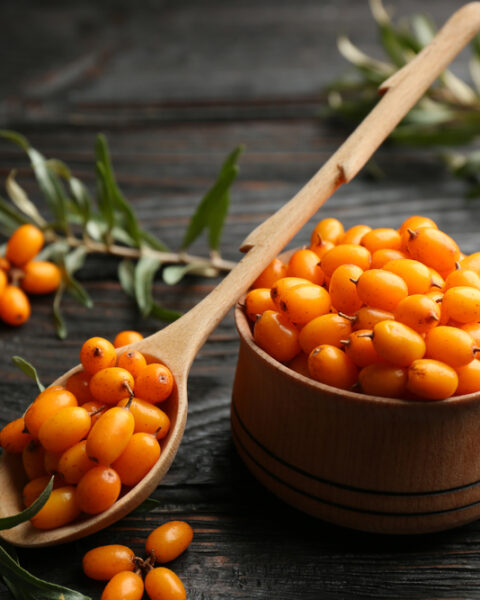Plant-based diets have surged in popularity, offering a healthier and more sustainable way of eating. However, with this rise in interest, several misunderstandings have also emerged. Many people are hesitant to try a plant-based diet due to misconceptions that can easily be cleared up with the right information. Let’s explore some of the most common misunderstandings about plant-based diets and uncover the truth behind them.
Contents
- 1 Plant-Based Diets Lack Protein
- 2 Plant-Based Diets Are Expensive
- 3 Plant-Based Diets Are Too Restrictive
- 4 You Can’t Get Enough Calcium on a Plant-Based Diet
- 5 Plant-Based Diets Are Only for Weight Loss
- 6 Plant-Based Diets Are Low in Energy
- 7 You’ll Always Feel Hungry on a Plant-Based Diet
- 8 Plant-Based Diets Are Complicated to Follow
- 9 Plant-Based Diets Are Deficient in B12
- 10 Plant-Based Eaters Miss Out on Essential Nutrients
- 11 Plant-Based Diets Are Bland and Boring
- 12 Plant-Based Diets Don’t Provide Enough Iron
- 13 Plant-Based Diets Are Not Suitable for Children
- 14 More From RetailShout
- 15 15 Affordable Aldi Finds to Keep Your Pantry Full This November
- 16 12 Essential Costco Buys Under $20
Plant-Based Diets Lack Protein
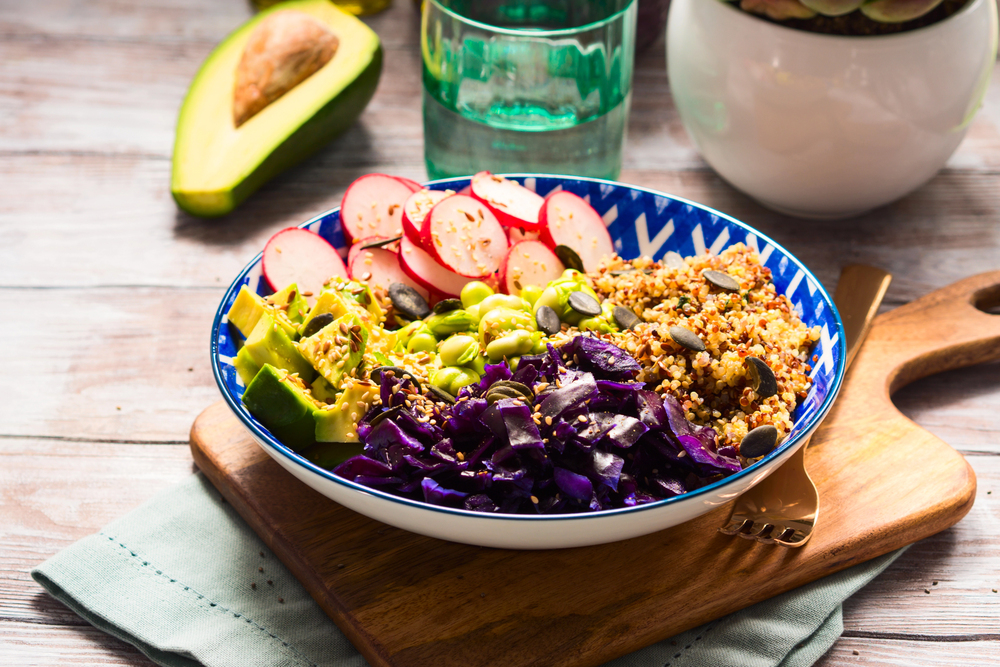
One of the most common misunderstandings about plant-based diets is that they don’t provide enough protein. In reality, there are plenty of plant-based protein sources such as beans, lentils, tofu, and quinoa that can meet daily protein needs. Many athletes and bodybuilders successfully follow plant-based diets while maintaining muscle mass. The key is to consume a variety of protein-rich plants to ensure a balanced intake of essential amino acids.
Plant-Based Diets Are Expensive

Many people believe that eating a plant-based diet is more costly than a traditional diet, but this isn’t necessarily true. While some specialty vegan products can be pricey, a plant-based diet centered around whole foods like grains, beans, vegetables, and fruits can actually be quite affordable. Budget-friendly staples like rice, oats, and legumes are cost-effective and nutritious options. It’s all about making smart choices and planning meals around affordable ingredients.
Plant-Based Diets Are Too Restrictive
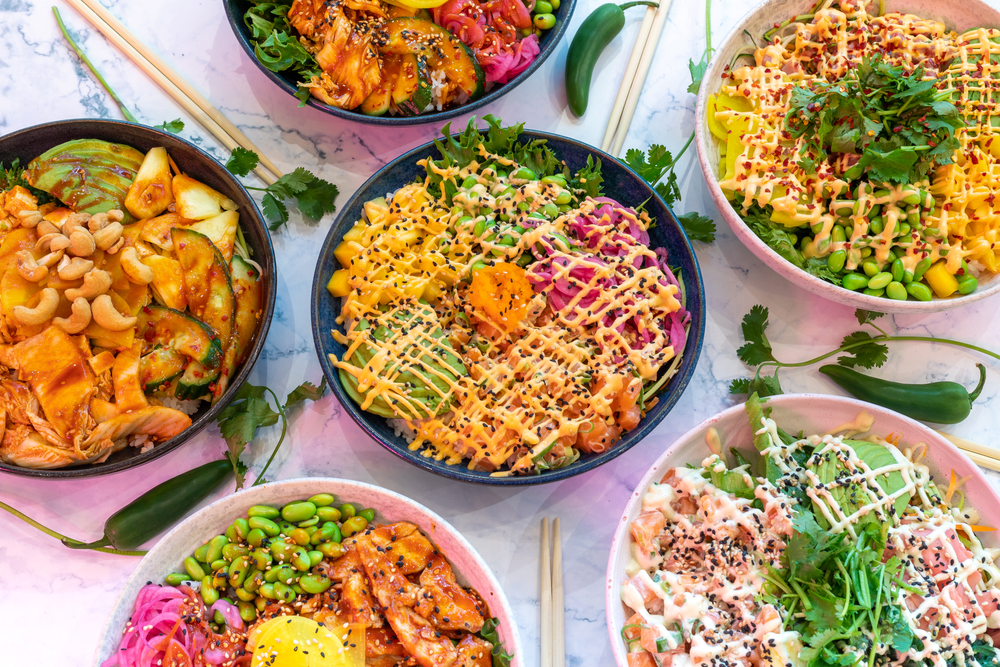
Some worry that a plant-based diet is too limiting and that they’ll miss out on their favorite foods. However, plant-based eating is incredibly diverse, offering a wide range of flavors and cuisines. From hearty stews to delicious baked goods, there are plant-based versions of almost every dish you can imagine. With so many plant-based alternatives available today, it’s easier than ever to enjoy a varied and satisfying diet.
You Can’t Get Enough Calcium on a Plant-Based Diet
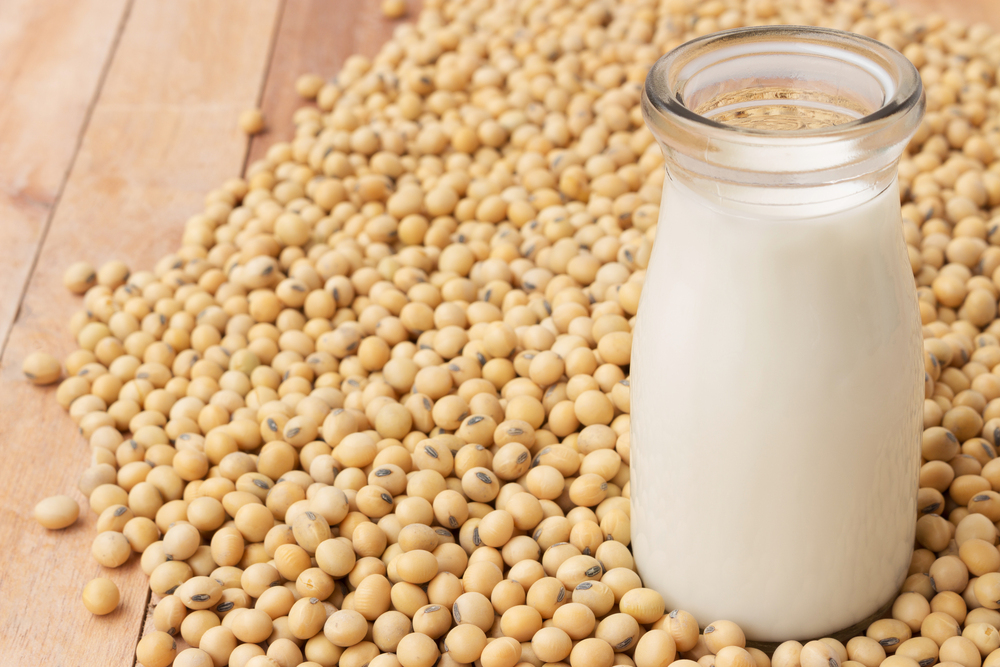
There’s a misconception that plant-based diets are low in calcium since dairy is excluded. However, many plant foods are rich in calcium, such as leafy greens, almonds, and fortified plant milks. Regularly incorporating these foods into your diet can easily meet your calcium needs. Additionally, many plant-based eaters find it easier to absorb calcium from these sources due to their higher bioavailability compared to dairy.
Plant-Based Diets Are Only for Weight Loss
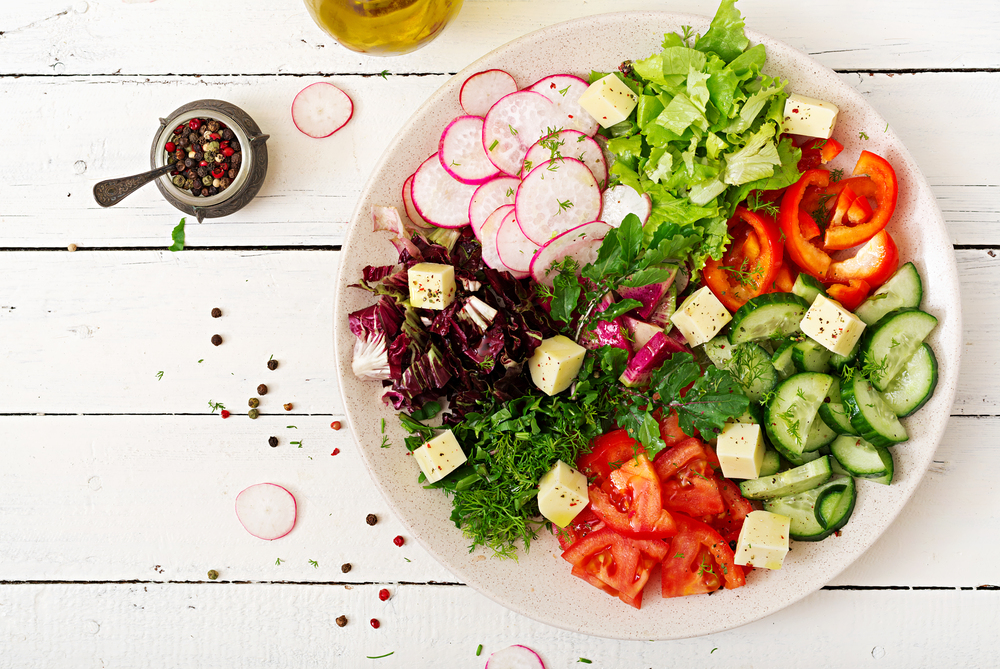
Another common misunderstanding is that plant-based diets are only for those looking to lose weight. While they can be effective for weight management, plant-based diets are about more than just shedding pounds. They focus on overall health, emphasizing nutrient-dense foods that support long-term wellness. Whether you’re looking to maintain your current weight or simply eat healthier, a plant-based diet can be adapted to suit various needs.
Plant-Based Diets Are Low in Energy
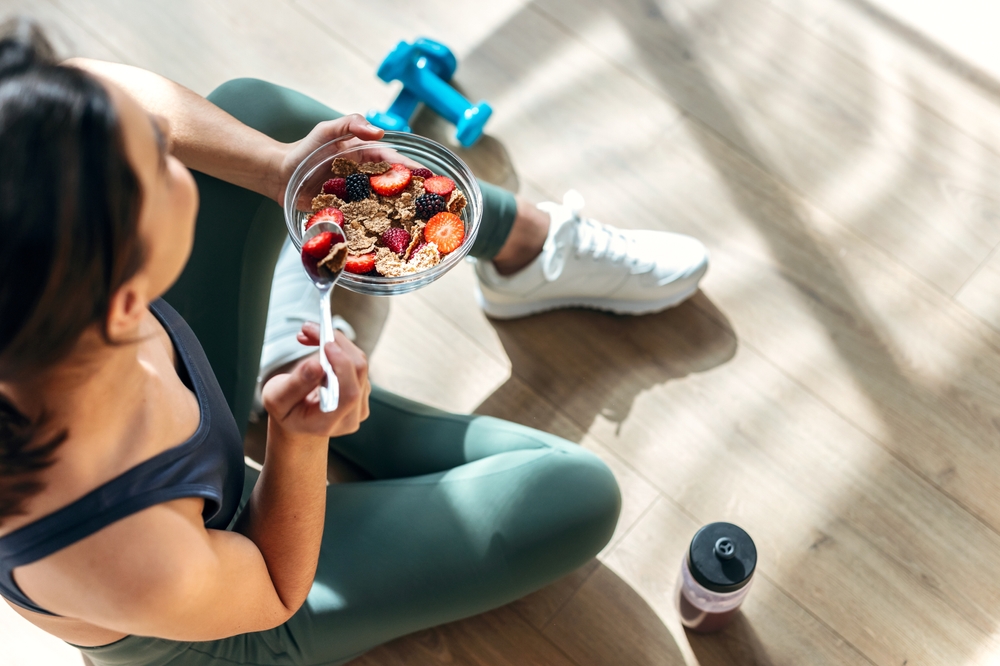
Some believe that plant-based diets don’t provide enough energy for active lifestyles. On the contrary, plant-based diets can be incredibly energizing when balanced properly. Whole grains, fruits, and vegetables provide essential carbohydrates that fuel the body. By including a variety of nutrient-rich foods, plant-based eaters can sustain high energy levels throughout the day.
You’ll Always Feel Hungry on a Plant-Based Diet

There’s a myth that a plant-based diet leaves you constantly hungry due to a lack of satisfying foods. In fact, plant-based diets can be very filling when they include a balance of fiber-rich vegetables, healthy fats, and protein. Foods like avocados, nuts, seeds, and whole grains help keep hunger at bay. Eating enough of these foods ensures that you feel full and satisfied after meals.
Plant-Based Diets Are Complicated to Follow

Many assume that plant-based diets are too complicated and require special planning or cooking skills. However, with a bit of practice, eating plant-based can be simple and straightforward. Basic meals like salads, stir-fries, and soups can easily be made plant-based. Additionally, there are plenty of resources and recipes available to help beginners transition smoothly.
Plant-Based Diets Are Deficient in B12
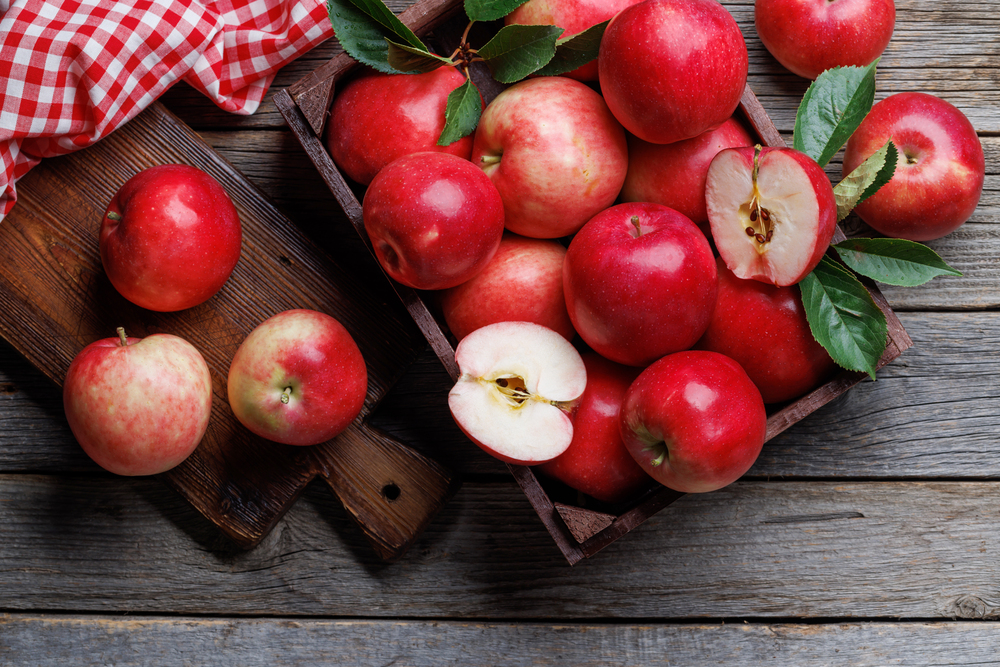
It’s commonly believed that plant-based diets lead to vitamin B12 deficiency since B12 is mainly found in animal products. While it’s true that B12 is a concern, plant-based eaters can easily supplement with B12 or consume fortified foods like plant milks and cereals. Regular monitoring and supplementation ensure that B12 levels remain healthy, making this issue easily manageable.
Plant-Based Eaters Miss Out on Essential Nutrients
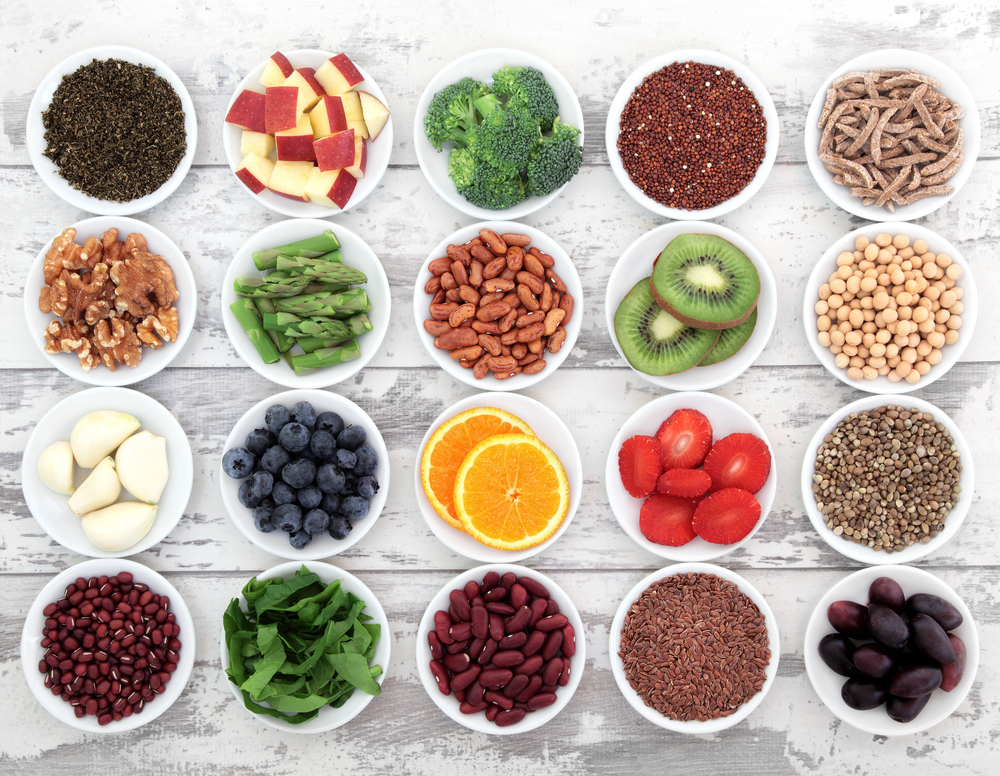
Some worry that cutting out animal products means missing out on essential nutrients like iron and omega-3s. However, these nutrients can be obtained from plant-based sources such as flaxseeds, chia seeds, and legumes. Additionally, many plant-based eaters take supplements to fill any potential gaps. With a well-planned diet, it’s entirely possible to meet all nutritional needs on a plant-based diet.
Plant-Based Diets Are Bland and Boring
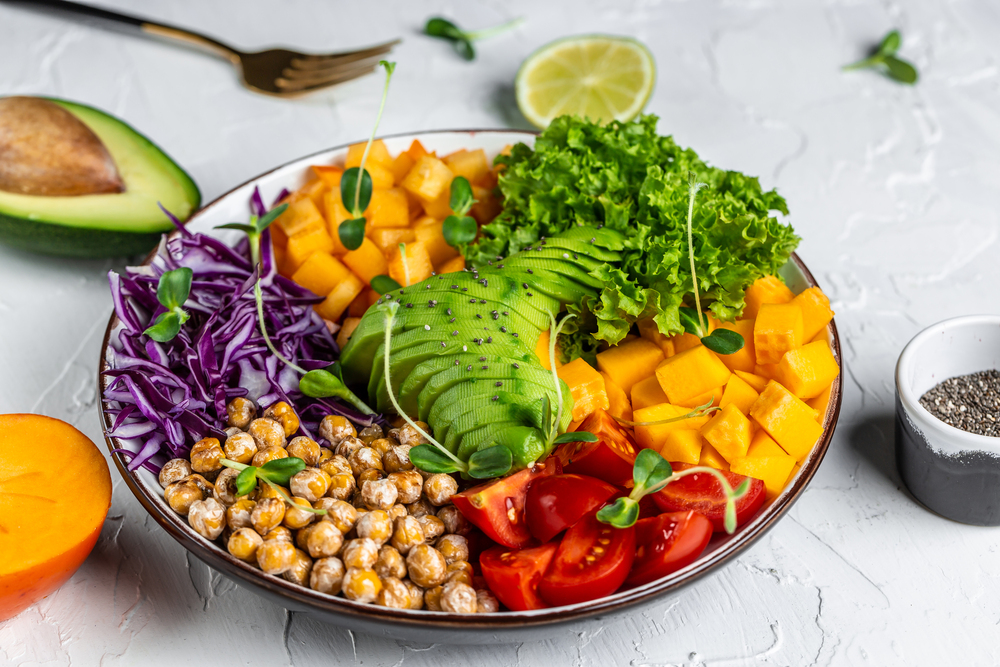
There’s a misconception that plant-based diets are flavorless and monotonous. In reality, plant-based cooking is incredibly versatile and flavorful, with endless possibilities for delicious meals. Spices, herbs, and creative cooking techniques can bring out the best in plant-based ingredients. From spicy curries to fresh salads, plant-based eating can be an exciting culinary adventure.
Plant-Based Diets Don’t Provide Enough Iron
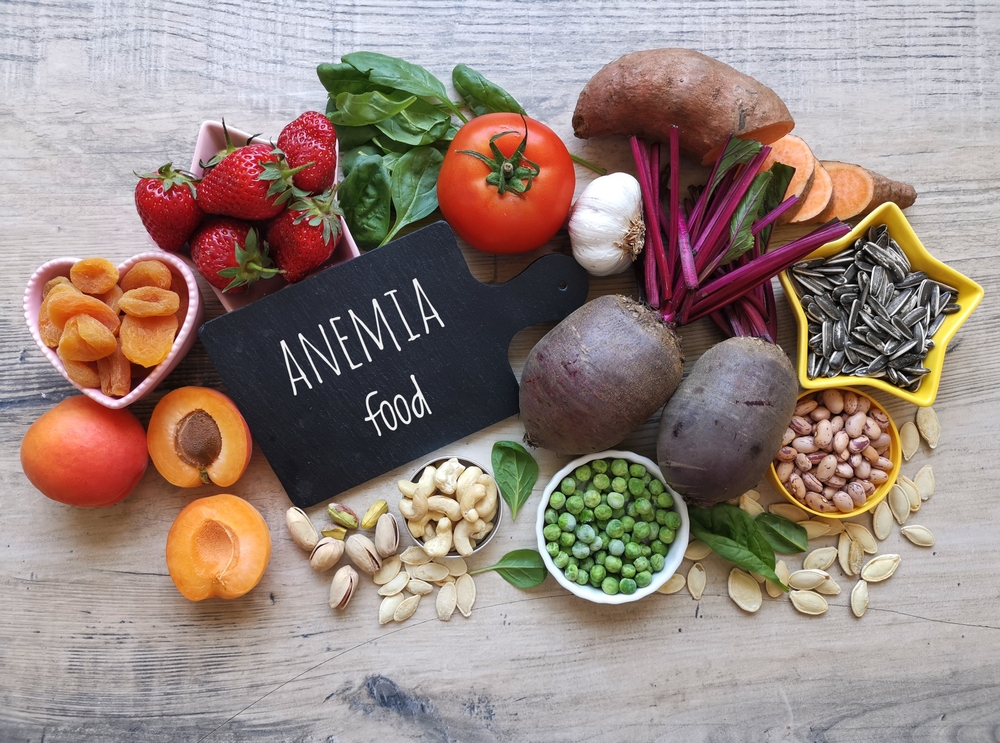
It’s often believed that plant-based diets are low in iron since they exclude red meat. However, iron-rich plant foods like spinach, lentils, and pumpkin seeds can effectively meet iron needs. The key is to pair these foods with vitamin C-rich foods, which enhance iron absorption. Many plant-based eaters maintain healthy iron levels with proper meal planning.
Plant-Based Diets Are Not Suitable for Children

There’s a belief that children can’t thrive on a plant-based diet, but this is not the case. With proper planning, plant-based diets can provide all the nutrients children need to grow and develop. Pediatricians and nutritionists often recommend a variety of plant foods to ensure a balanced intake. Many families successfully raise healthy children on plant-based diets with the right guidance.
This article originally appeared on RetailShout.
More From RetailShout
10 New and 16 Returning Items Of The Week At Trader Joe’s (11/17 – 11/25)

Trader Joe’s has once again brought an exciting lineup of new and returning seasonal favorites to their shelves, just in time for the holidays. From savory showstoppers to sweet indulgences, the November 17 – 25 collection is something to look forward to. Read More.
15 Affordable Aldi Finds to Keep Your Pantry Full This November
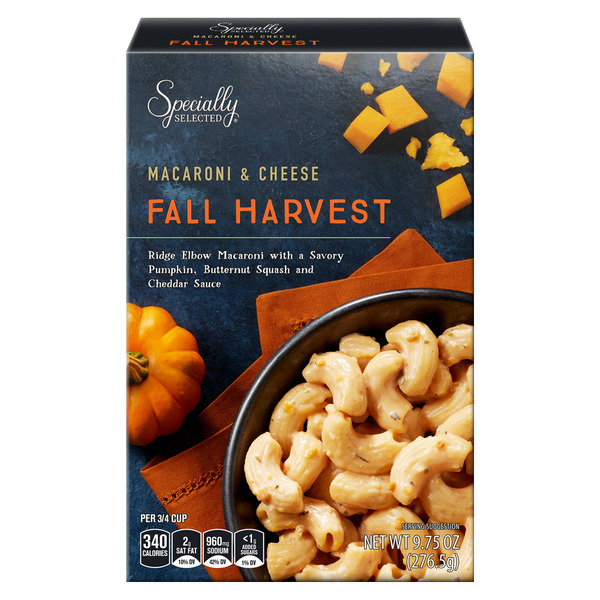
Aldi’s shelves are packed with affordable finds that bring seasonal flavors and comfort food vibes without stretching your budget. This November, there are some seriously good picks—from cozy drinks and snacks to hearty meal starters and sweet treats—all ready to make meal planning and snacking easier. Read More.
12 Essential Costco Buys Under $20
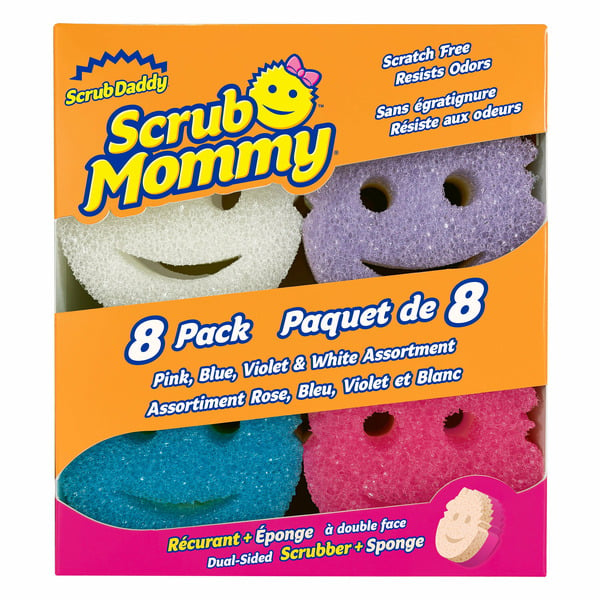
Costco is the go-to store for finding incredible deals, and you don’t need to spend a fortune to snag some great items. From household essentials to tasty snacks, Costco offers high-quality products for every budget. Read More.


